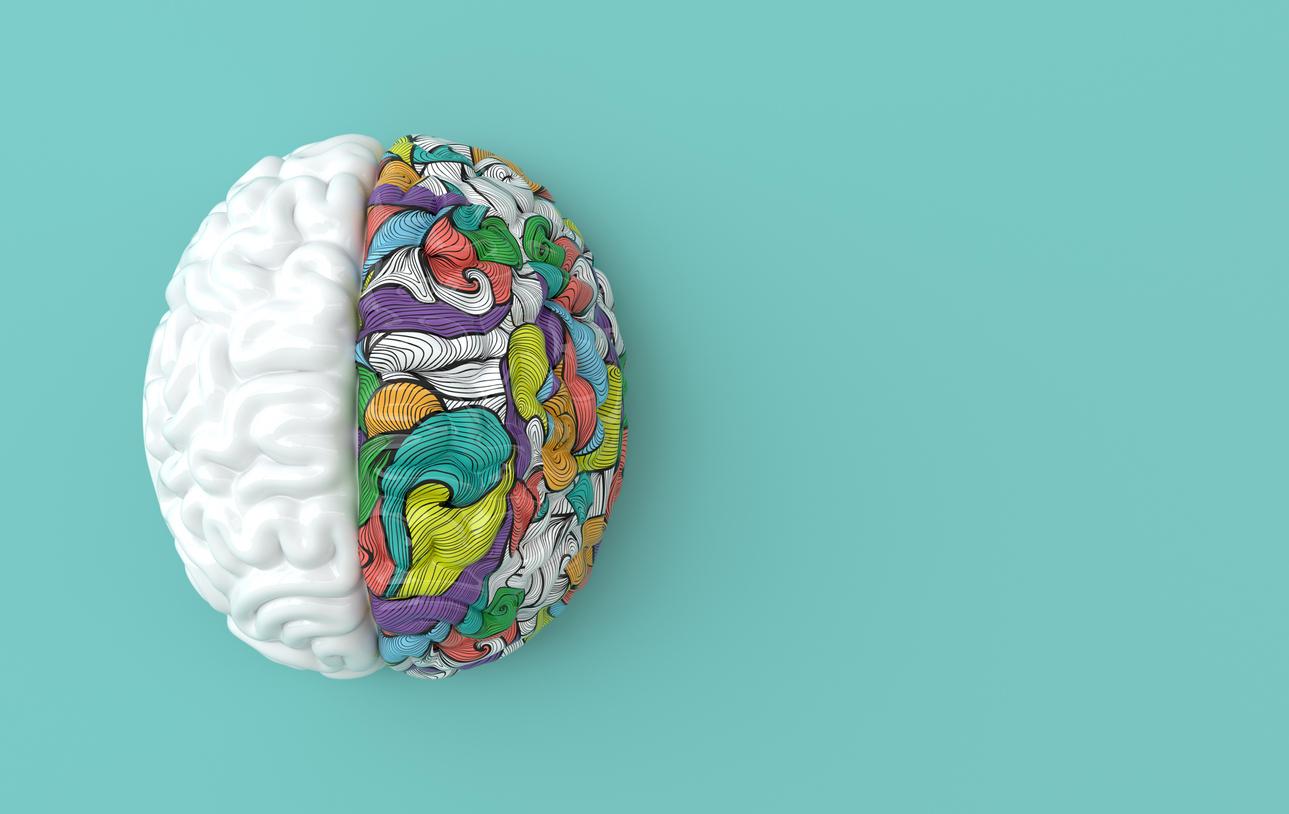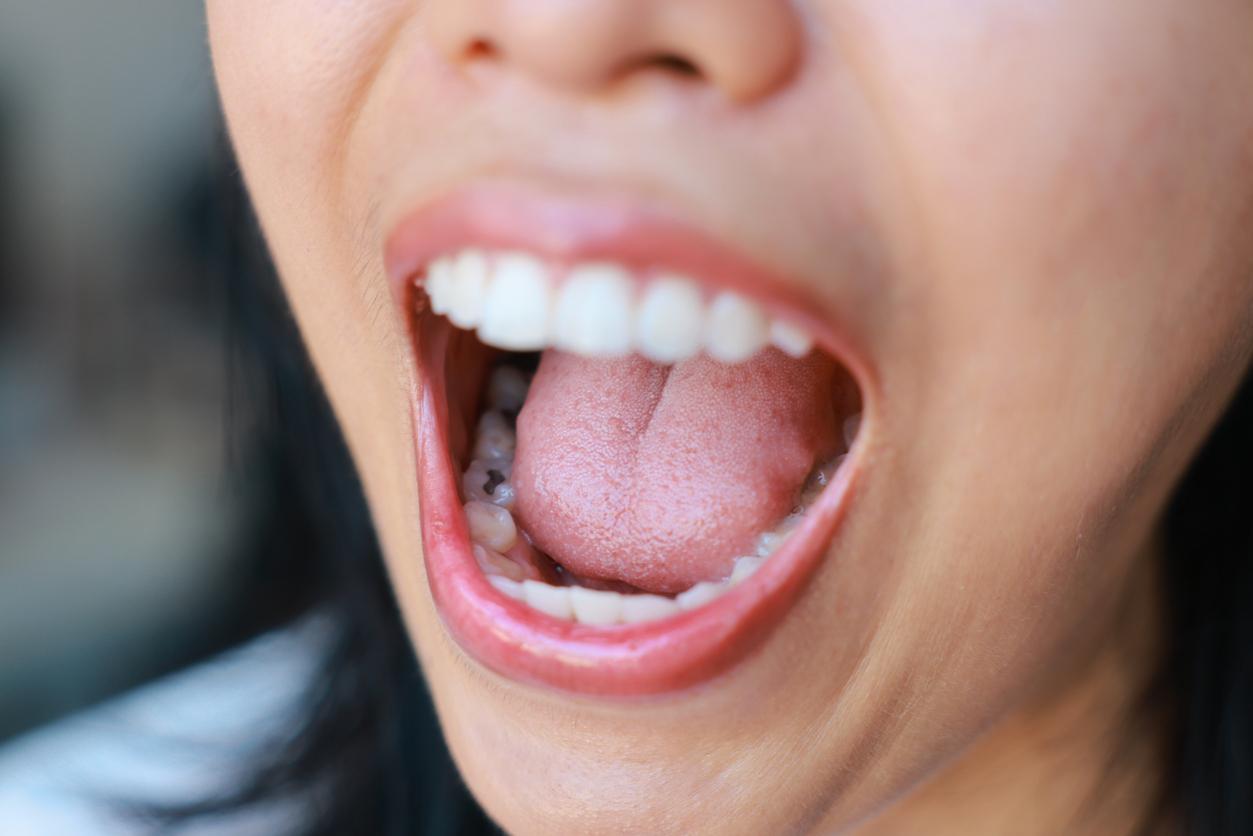By studying the composition of the gut microbiota of Buddhist monks, researchers have discovered that meditation could help regulate the gut microbiota. This reduced the risk of poor physical and mental health.

- A team from Inserm showed in 2017 that meditation had a positive effect on brain aging, “possibly by reducing stress, anxiety, negative emotions and sleep problems that tend to get worse. accentuate with age.
- The intestinal microbiota is specific to each person both qualitatively and quantitatively. It contains on average 160 species of bacteria and only half are commonly found from one individual to another.
Stress, anxiety, chronic pain… meditation is often recommended to help deal with mental and physical disorders. While its actions on the body are fairly documented, its effects on the intestinal microbiota – microorganisms present in the digestive system that play an essential role in metabolism and the immune response – are less so.
To measure them, Chinese researchers had the idea of studying the composition of the intestinal microbiota of Buddhist monks.
Meditation: beneficial bacteria for mental health
The scientists took stool and blood samples from 37 Tibetan Buddhist monks from three different temples and 19 lay residents from nearby areas. Monks practiced Buddhist meditation for at least two hours a day for 3 to 30 years. None of the participants had taken any product (probiotic, antibiotic, antifungal, etc.) that could alter the diversity of intestinal microorganisms during the last three months.
Analyzes of the samples revealed significant differences in the diversity and volume of bacteria between the monks and their neighbors.
Bacteroidetes and Firmicutes species were dominant in both groups. However, Bacteroidetes were more numerous in the stool samples of monks (29% versus 4%). They also contained an abundance of Prevotella (42% versus 6%) and a high volume of Megamonas and Faecalibacterium.
“Collectively, several bacteria more common in the meditation group [ont été] associated with the relief of mental illness. This suggests that meditation may influence certain bacteria that may have a role in mental health.”say the researchers.
Meditation and microbiota: cardiovascular health also strengthened
The scientists also noticed that several protective anti-inflammatory pathways as well as the metabolism (the conversion of food into energy) were reinforced in the followers of the meditation.
In addition, cholesterol and apolipoprotein B levels (associated with bad cholesterol) were significantly lower in the monks than in their neighbors, according to the functional analyzes with the microbiota carried out. They therefore have a lower risk of cardiovascular disease.
The authors of the study, published in the journal General Psychiatry, recognize that the small number of participants, their place of residence and the exclusively male composition of the groups in this study make it difficult to generalize their results. However, their work confirms, according to them, the need for in-depth research on the role of meditation in the prevention or treatment of psychosomatic illnesses. “The results suggest that long-term deep meditation may have a beneficial effect on the gut microbiota, allowing the body to maintain an optimal state of health”they conclude.


















